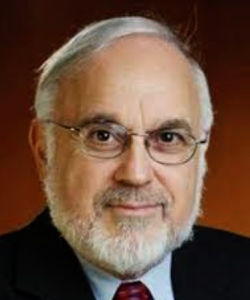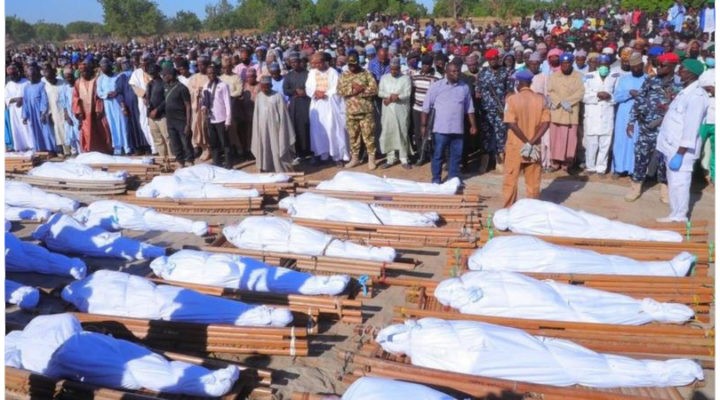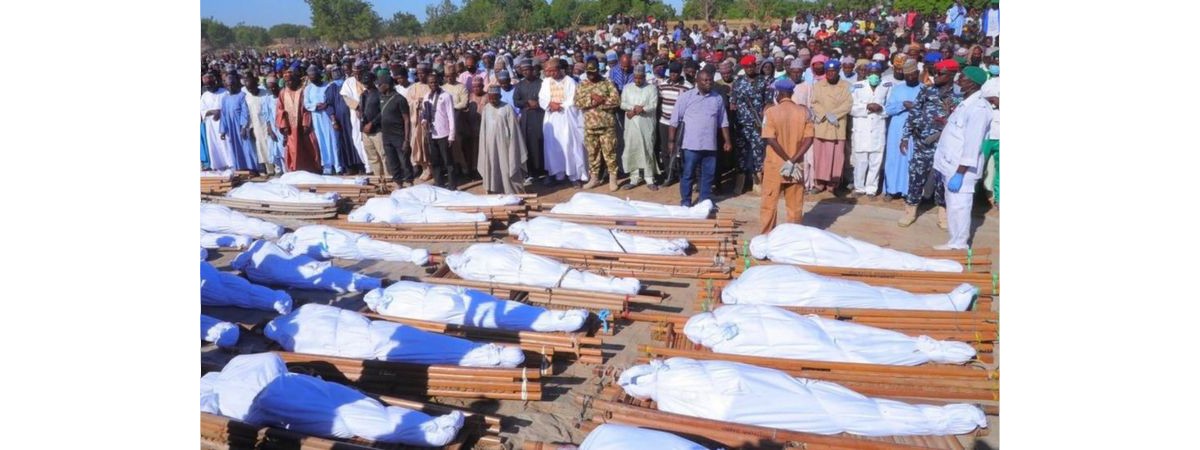The U.S. Commission on International Religious Freedom has expressed outrage that the U.S. Department of State did not include Nigeria or India in its latest designations of Countries of Particular Concern.
Although a government organization, the USCIRF does not have the same authority as the State Department, which is the official government voice of international relations. The USCIRF is an advisory group focused specifically on religious freedom.
Since its inception, commissioners of the USCIRF often have disagreed with calls made by the State Department, especially on the annual listing of Countries of Particular Concern and a related Watch List.

Nury Turkel
“There is no justification for the State Department’s failure to recognize Nigeria or India as egregious violators of religious freedom, as they each clearly meet the legal standards for designation as CPCs,” said USCIRF Chair Nury Turkel. “USCIRF is tremendously disappointed that the secretary of state did not implement our recommendations and recognize the severity of the religious freedom violations that both USCIRF and the State Department have documented in those countries. The State Department’s own reporting includes numerous examples of particularly severe religious freedom violations in Nigeria and India.”
Turkel accused the State Department of turning a blind eye to both countries’ severe religious freedom violations.
Nigeria has become notorious as a nation where kidnappings, stonings and other methods of killing Christians have become commonplace. India is host to a burgeoning Hindu nationalist movement that persecutes and harasses minority faith groups.
Nigeria was dropped from the CPC list in 2021 and it remained off this year because Secretary of State Antony Blinken “determined that the status of religious freedom in Nigeria did not meet the legal threshold to justify Nigeria’s designation as a Country of Particular Concern or their inclusion on the Special Watch List,” The Washington Times reported.
Regarding India, recent developments demonstrate the U.S. government highly values its partnership with India in international diplomacy efforts, especially in pressuring Russia to end the war in Ukraine.
“Since the first days of Russia’s unjustified and barbaric and unprovoked war against Ukraine, we have had continuous communications with our Indian counterparts about what we can do together to hold Russia accountable and to impose consequences for its brutal war,” Vedant Patel, principal deputy spokesperson for the State Department, said during a Nov. 16 press conference.
Instead, the State Department redesignated 10 countries as Countries of Particular Concern — Burma, China, Eritrea, Iran, North Korea, Pakistan, Russia, Saudi Arabia, Tajikistan and Turkmenistan. The State Department also added Cuba and Nicaragua to the list this year. Both those countries had been on the Special Watch List.
In advising the State Department, USCIRF recommended redesignation of the 10 existing CPC countries and also recommended adding Afghanistan, India, Nigeria, Syria and Vietnam.
The State Department placed four new countries on its Special Watch List: Algeria, the Central African Republic, Comoros and Vietnam.
USCIRF had recommended that Algeria and the Central African Republic be placed on the Watch List, but also recommended Azerbaijan, Egypt, Indonesia, Iraq, Kazakhstan, Malaysia, Turkey and Uzbekistan.

Abraham Cooper
“USCIRF welcomes the State Department’s recognition of the worsening situations in both Cuba and Nicaragua this year,” said USCIRF Vice Chair Abraham Cooper. “We also appreciate the State Department’s inclusion this year of CAR and Vietnam on its Special Watch List. While we believe conditions in Vietnam meet the CPC standard, we hope the State Department’s SWL designation will encourage the Vietnamese government to take concrete steps to address longstanding religious freedom concerns.”
The State Department also designated nine Entities of Particular Concern, which are non-state actors that engage in systematic, ongoing and egregious violations of religious freedom.
USCIRF is a bipartisan, independent federal agency created in 1998 by the International Religious Freedom Act to monitor freedom of religion or belief worldwide. Its job is to issue reports and policy recommendations to the White House, Congress and Secretary of State and to track the implementation of its proposals.
Related articles:
USCIRF warns of dangerous use of blasphemy laws in Nigeria
Violence in Nigeria threatens religious freedom for Christians and Muslims alike, USICRF reports


